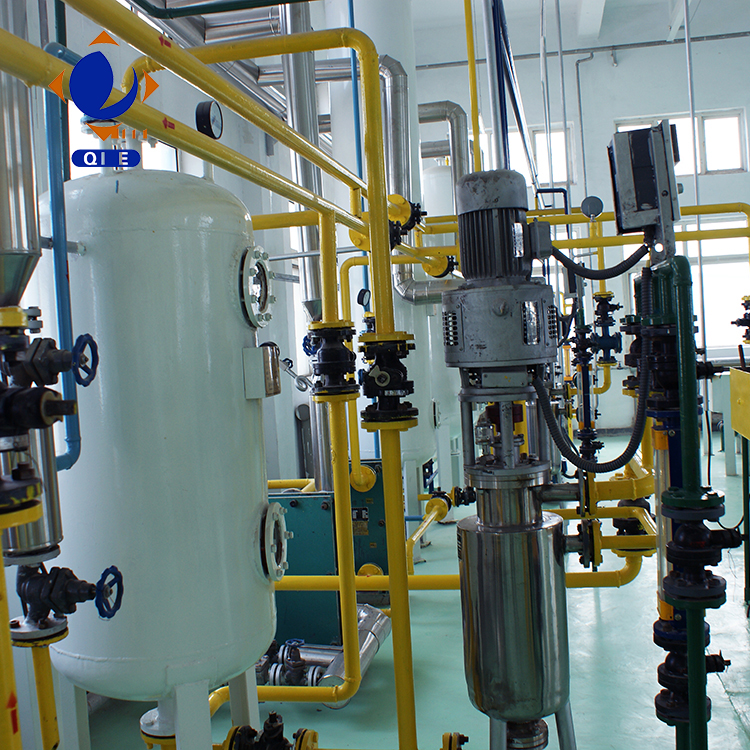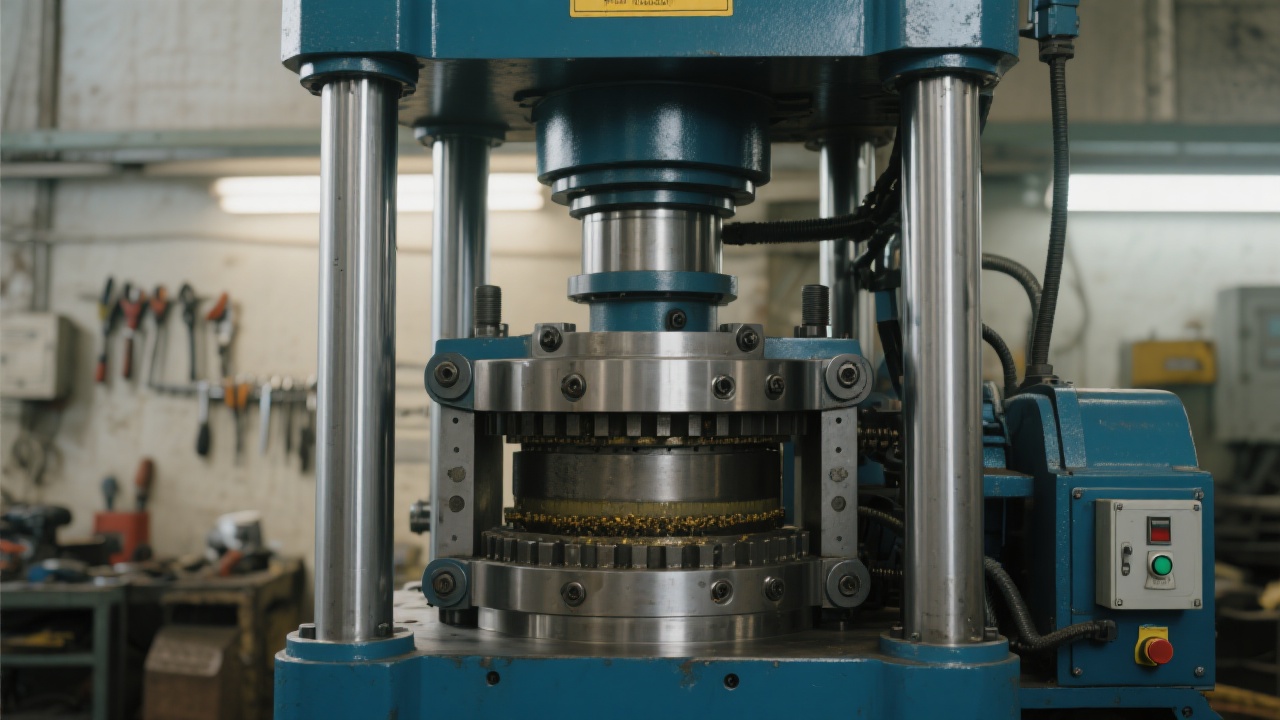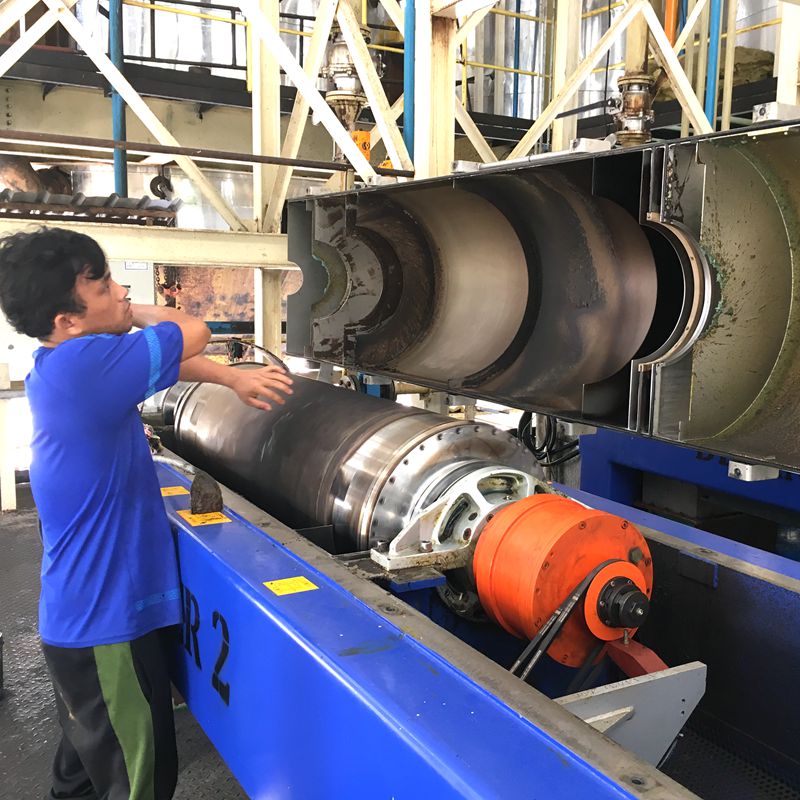
In the realm of industrial manufacturing, hydraulic presses play a pivotal role in various production processes. However, to ensure their long - term and efficient operation, proper maintenance of the hydraulic system is crucial. This article delves into the core technologies of hydraulic system maintenance for hydraulic presses, offering practical guidance for industry practitioners.
The inspection of the hydraulic system is the first step in ensuring the stable operation of hydraulic presses. Regular checks can detect potential problems early and prevent major breakdowns. Some of the key inspection points include:

Proper lubrication is another critical aspect of hydraulic system maintenance. It reduces friction between moving parts, minimizes wear, and extends the service life of components. A scientific lubrication management strategy should include:
Seal maintenance is a key factor in reducing equipment downtime. The following are some tips for seal maintenance and common fault troubleshooting:

The maintenance of hydraulic presses has a direct impact on production efficiency. The robust structure and energy - saving design of modern hydraulic presses are designed to ensure stable operation under high - load conditions. However, proper maintenance is required to fully realize these advantages.
For example, a well - maintained hydraulic press can operate at a higher efficiency, reducing the time required for each production cycle. By minimizing equipment downtime, manufacturers can increase their overall production output. In some cases, regular maintenance can improve production efficiency by up to 20%.
Moreover, the energy - saving design of hydraulic presses can significantly reduce energy consumption. However, if the hydraulic system is not properly maintained, the energy - saving effect may be diminished. Regular maintenance can ensure that the system operates at its optimal energy - efficiency level, resulting in cost savings for the manufacturer.
To provide more practical guidance, let's look at some real - world case studies. A manufacturing company was experiencing frequent downtime due to hydraulic system failures in their hydraulic presses. After conducting a detailed inspection, it was found that the seals were worn out, and the hydraulic fluid was contaminated. By implementing a comprehensive maintenance plan that included regular seal replacement, fluid change, and system cleaning, the company was able to reduce equipment downtime by 50% and increase production efficiency by 15%.
Another common problem is the overheating of the hydraulic system. This can be caused by factors such as excessive load, poor lubrication, or a malfunctioning cooling system. By analyzing the specific situation and taking appropriate measures, such as adjusting the load, improving lubrication, or repairing the cooling system, the problem can be effectively solved.

Penguin Group's high - quality hydraulic presses stand out in the market. Their products feature a robust structure that can withstand high - load operations, ensuring long - term stability. The energy - saving design not only reduces energy consumption but also meets the requirements of environmental protection.
In addition to the excellent product quality, Penguin Group also provides comprehensive after - sales service. Their professional technical support team can offer timely assistance in equipment installation, maintenance, and troubleshooting. Whether it's a small - scale maintenance issue or a major system overhaul, Penguin Group's experts are ready to help, ensuring that customers can make the most of their hydraulic presses.
Are you looking to enhance the performance and reliability of your hydraulic presses? Discover the unique advantages of Penguin Group's hydraulic presses and our comprehensive after - sales service by visiting /products/super-efficient-and-easy-to-maintain-the-best-choice-for-rapeseed-oil-producers-among-hydraulic-presses-energy-saving-and-environmentally-friendly..html. Let us help you achieve maximum production efficiency and long - term business success.